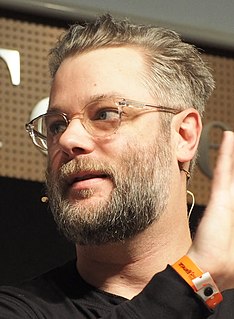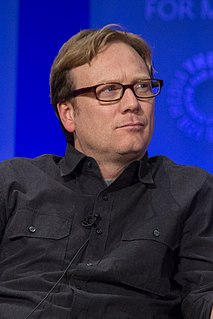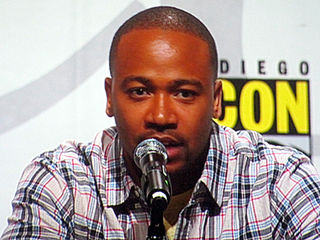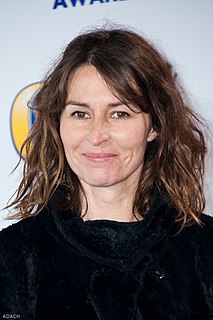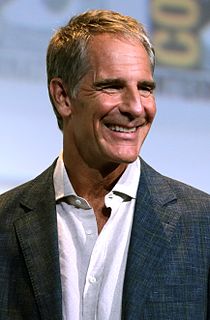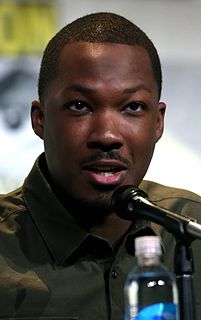A Quote by William Hazlitt
A full-dressed ecclesiastic is a sort of go-cart of divinity; an ethical automaton. A clerical prig is, in general, a very dangerous as well as contemptible character. The utmost that those who thus habitually confound their opinions and sentiments with the outside coverings of their bodies can aspire to, is a negative and neutral character, like wax-work figures, where the dress is done as much to the life as the man, and where both are respectable pieces of pasteboard, or harmless compositions of fleecy hosiery.
Related Quotes
TV and film both attract me equally. In both, you do search for a role that would be enjoyable to do, that has a great storyline and then, secondly, you look at the cast and the crew - are they respectable? How I look at it is my character - has the character got enough substance? It can't just be a one faced character, which is there to fill a gap. He has to have a purpose, so if it ticks all of those boxes then generally it's a good choice.
I like to imagine a person's psyche to be like a boardinghouse full of characters. The ones who show up regularly and who habitually follow the house rules may not have met other long-term residents who stay behind closed doors, or who only appear at night. An adequate theory of character must make room for character actors, for the stuntmen and animal handlers, for all the figures who play bit parts and produce unexpected acts. They often make the show fateful, or tragic, or farcically absurd.
I went from people just thinking I was, like, a baby to people thinking I’m this, like, sex freak that really just pops molly and does lines all day. It’s like, 'Has anyone ever heard of rock 'n' roll?' There’s a sex scene in pretty much every single movie, and they go, 'Well, that’s a character.' Well, that’s a character. I don’t really dress as a teddy bear and, like, twerk on Robin Thicke, you know?
Every movie I work with the costume designer to see what feels like the character, not what Columbus would wear but what is right for the character. Outside of the armored truck standard issue security guard uniform, this guy is trying to make ends meet. He might have one pair of jeans, the same boot, maybe changes his shirt but he doesn't have a walk-in closet full of things, so I wanted something comfortable that felt like the character.
When you start digging into things like character, though, the notion that people have high character or low character is very strong. What's crazy is that my thinking is not a new insight. The very first large-scale study of character, still one of the largest ever, was done in the early 1900s by Hugh Hartshorne, an ordained minister and a scientist.
With Rodham, for instance, it has to work on an emotional level. It has to work on a character level. If it's only "Look, it has famous people," then it's a wax museum come to life and that's really boring. It's sort of like what they say about science fiction and horror where the really good ones, if you remove that element of it, it still has to work. That's the reason The Shining works or Rosemary's Baby or Blade Runner.
If you're writing fiction, you're dealing with characters who, themselves, will have heartfelt sentiments but who, themselves, live in this culture right now and thus face all the impediments to sort of dealing with those parts of their lives that, you know, that we did. So it would be not only silly but unrealistic to have a character saying that kind of stuff.



